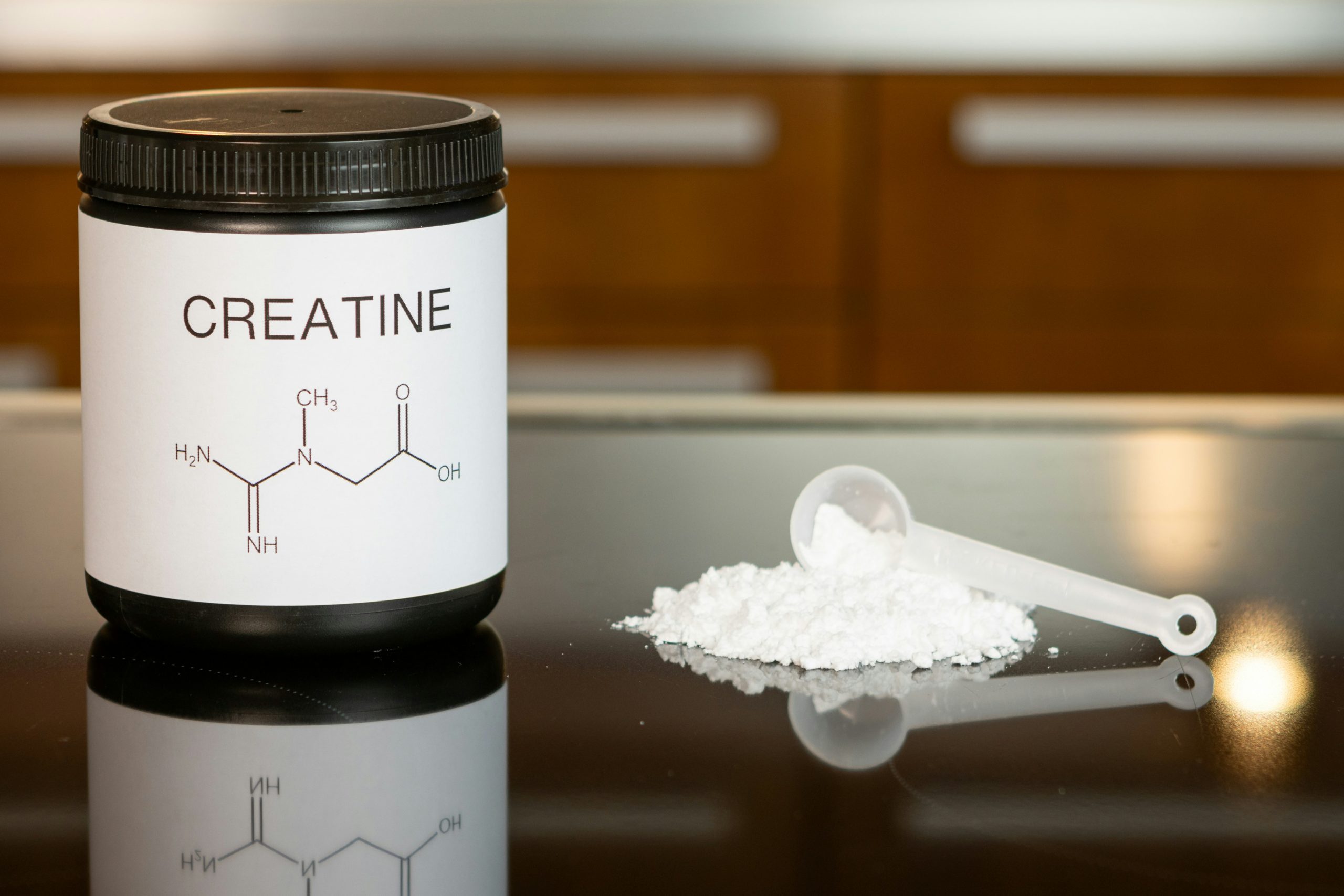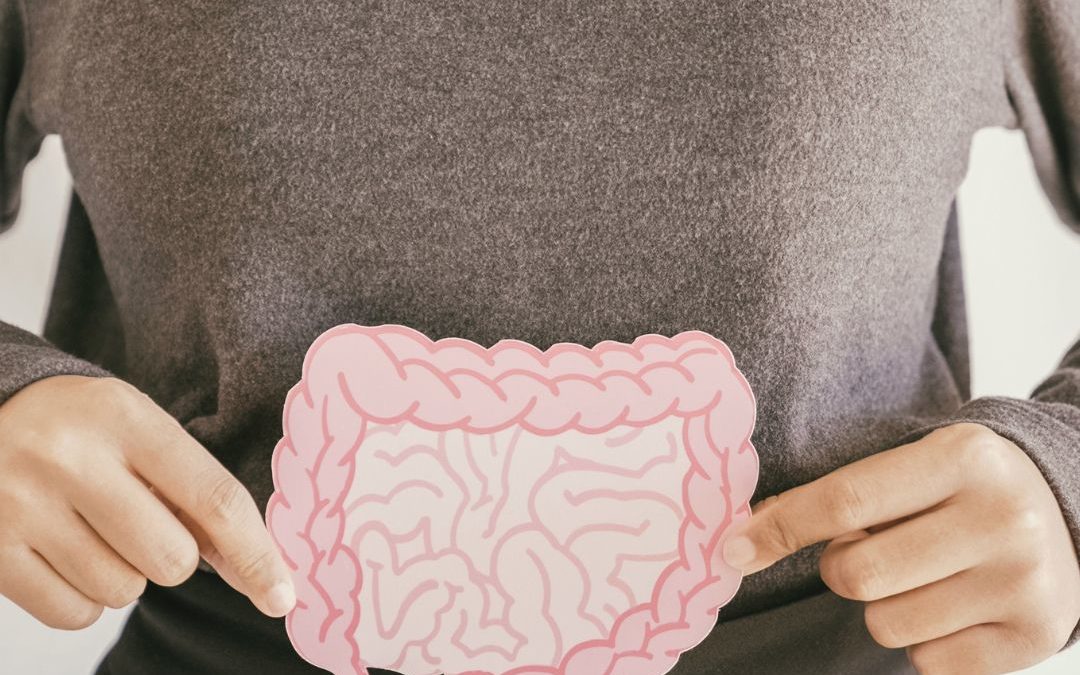
Creatine for the Brain
October 9, 2025
Why Recovery Gets “Stuck”: A Systems Approach to Persistent Concussion Symptoms
January 19, 2026Many people think stress, posture or hormones are the main causes of migraine. But research now shows the gut–brain axis and headaches are closely linked. At MH&CG in Melbourne, we regularly see how digestive health can influence the frequency and severity of headaches and migraine.
What Is the Gut–Brain Axis?
The gut–brain axis is the communication network between your digestive system and your nervous system.
This system includes:
- The vagus nerve, which sends messages between the gut and the brain
- The gut microbiome, home to trillions of bacteria
- Hormones and immune signals that affect inflammation and pain
Because the gut produces neurotransmitters like serotonin and dopamine, imbalances in the gut can affect how the brain processes pain — including headache and migraine patterns.
How the Gut–Brain Axis and Headaches Are Connected
When the gut microbiome becomes imbalanced (known as dysbiosis), inflammation and altered nerve signalling can occur. This may make the brain more sensitive to pain, contributing to migraines and chronic headaches.
Common digestive factors linked to headaches include:
1. Food Sensitivities
Inflammatory reactions to certain foods can trigger migraines in sensitive individuals.
2. Poor Digestion or Constipation
Slower digestion can affect toxin clearance and increase systemic inflammation that influences headache symptoms.
3. Increased Gut Permeability (“Leaky Gut”)
This allows inflammatory molecules to enter the bloodstream and affect the brain.
4. Stress and Anxiety
Stress alters gut motility and microbiome balance, which feeds back into headache patterns via the gut–brain axis.
Understanding the link between the gut–brain axis and headaches helps explain why some people experience digestive symptoms before or during migraine episodes.
How Osteopathy Helps With Gut–Brain Axis Related Headaches
At MH&CG, our osteopaths take a whole-body approach to managing headaches and migraine. We consider the digestive, nervous and musculoskeletal systems together.
Your treatment may include:
- Gentle osteopathic techniques to improve blood flow and reduce neck or diaphragm tension
- Techniques to enhance vagal nerve function
- The Watson Headache® Approach for upper cervical dysfunction
- Lifestyle and dietary strategies to support gut microbiome balance
- Stress-management approaches to regulate both gut and brain
By improving function across these systems, osteopathy can help interrupt the cycle between providing long-term relief.
How to Support a Healthy Gut–Brain Connection
To strengthen the connection and reduce headache triggers, consider:
- Eating a diverse, whole-food diet high in fibre
- Drinking enough water
- Reducing processed foods, sugar and alcohol
- Practising breathing, meditation or other stress-reduction strategies
- Maintaining regular osteopathic care to support digestion and nervous system balance
Small daily changes can significantly improve both gut health and headache frequency.
In Summary
The gut–brain axis and headaches are deeply connected. When this system becomes imbalanced, headaches and migraines may follow. By supporting gut health and restoring whole-body function, osteopathy offers an effective, holistic approach to reducing pain and improving overall wellbeing.
If you would like to discuss further and gain control of your headaches, book here with one of our specialised headache and migraine practitioners or call our reception team (03) 9397 8877.



